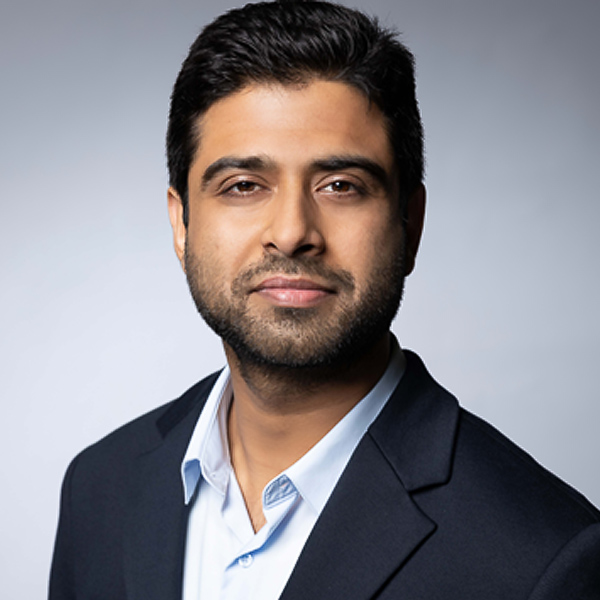Optimal Energy Provision in Prosumer Households: A Comparative Analysis
Abstract
The increasing demand for intelligent energy usage is driven by advancements in modern technologies and the widespread integration of smart systems in various aspects of life. Consequently, the incorporation of smart systems within energy systems has become imperative, particularly considering the escalating risks associated with climate change and global warming. A great amount of research has been conducted to not only reduce the cost to optimize grids but also to minimize the distribution of electricity.
This paper addresses the pressing need to optimize energy grids and compares the strengths and weaknesses of two approaches for optimizing energy flow in small grids: a linear optimization model and Reinforcement Learning (RL). For this purpose, both approaches are used to optimize the energy flows in a small grid with single-family households, that receive electricity from battery storage, photovoltaic (PV), and the public electricity grid.
The linear optimization model serves as a reference for energy optimization. The Reinforcement Learning (RL) methodology incorporates an observation space that uses data collected from energy resources. The main goal of RL is to enable the system to intelligently derive electricity from the cheapest electricity source. The main objective is to reduce the cost of electricity while considering local grid restrictions. For grid considerations, the maximum power on the line connecting each house to the grid is constrained.
In conclusion, each model presented in this study has its own distinct strengths and weaknesses. Regarding RL, future research should focus on assessing its performance when applied to multiple households with diverse sources of electricity. A significant improvement to consider is the utilization of a multi-agent RL model for such scenarios. These suggested areas of improvement warrant further investigation to advance the field of RL techniques.
Biography
Syed Ali Mashood Naqvi is a master’s student in Renewable Energy Management at Technische Hochschule Cologne, Germany. His research interests are concentrated on the integration of Artificial Intelligence and Machine Learning with energy systems to enhance their efficiency. Originally from Pakistan, he is a graduate in Mechanical Engineering from the University of Engineering and Technology Taxila, Pakistan. His undergraduate thesis focused on optimizing a Solar Thermal Tower using cost-effective techniques.
